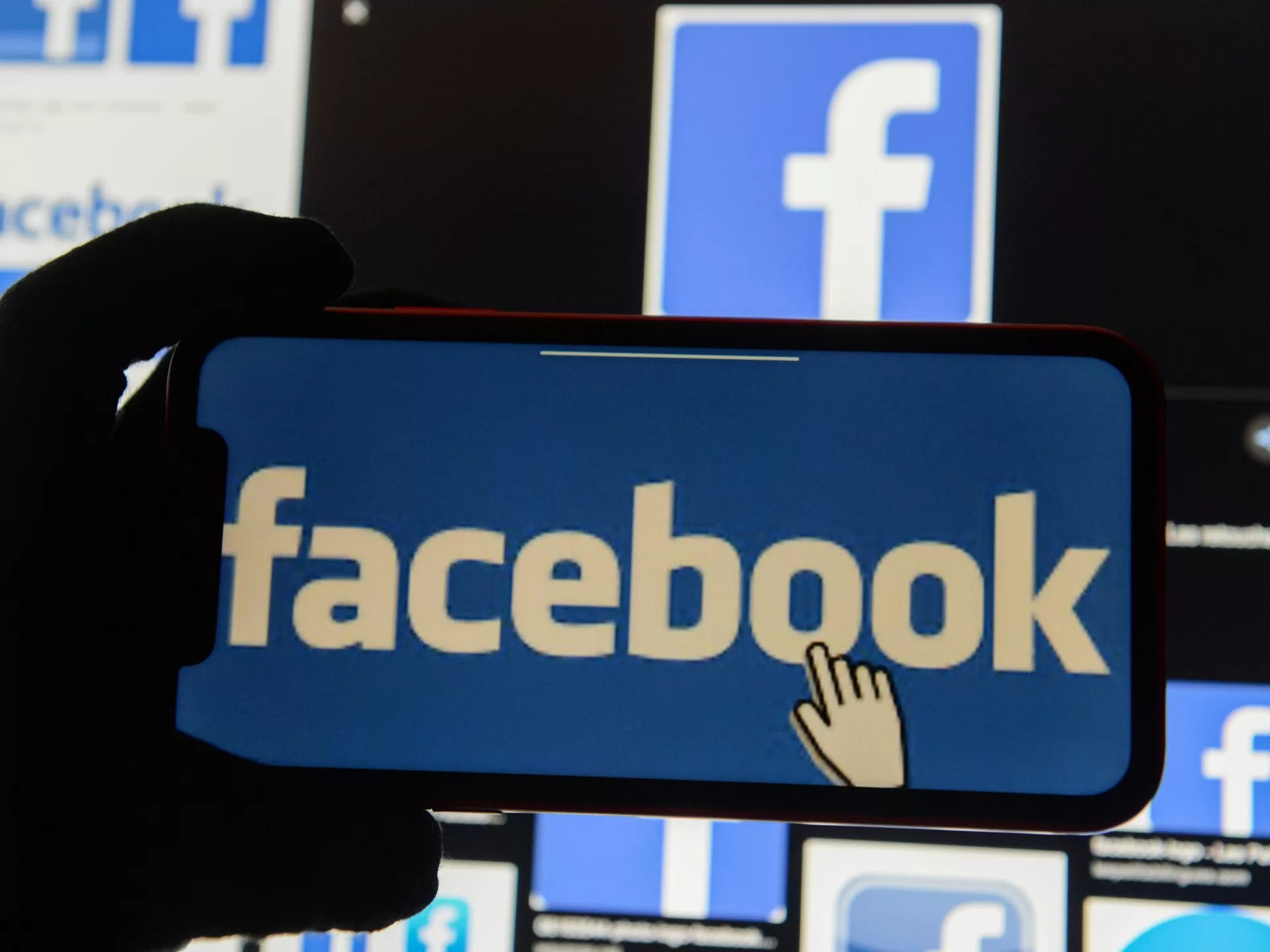Old acquaintances from middle school and high school were gradually added to my Facebook friends list, including my seventh-grade boyfriend and a few Zionists who were purged once I mastered the “unfriend” function. Then came writers, academics, and activists of compatible political persuasions. This, for a while, seemed to endow Facebook with the potential to serve as an inspirational forum and genuine virtual community.
Of course, human solidarity was never the aim of Facebook, and capitalism quickly reared its ugly head. After effectively luring a significant sector of humanity into digital addiction, the Facebook powers that be went about eviscerating the very concept of privacy as a basic human right. And as Facebook now celebrates its 20th anniversary on February 4, the panorama is bleak indeed.
Consider Amnesty International’s denunciation, in 2019, of Facebook’s business model of “surveillance capitalism”, which consists of “aggregating vast amounts of data on people, using it to infer incredibly detailed profiles on their lives and behaviour, and monetising it by selling these predictions to others such as advertisers”. Furthermore, Amnesty specified, the company had explored “how to manipulate emotions, and target people based on psychological vulnerabilities such as when they felt ‘worthless’ or ‘insecure’”.
Scrolling through Facebook recently on my phone, I counted no fewer than 70 advertisements in an uninterrupted row, many of them involving actress Angelina Jolie and family, a subject which Facebook’s surveillance mechanism has inexplicably determined should be of inordinate interest to me. I closed Facebook with indignant fury – and yet a few minutes later I was back for more pointless distraction and cheapened, emoji-laden communications.
Over recent years I have also regularly been on the receiving end of ads for plastic surgery and scanty, bust-accentuating clothing, plus one particularly memorable lacy black outfit that came equipped with horns, a leash, and an invitation to “explore your dark side”. Almost equally regularly, I have been encouraged to pursue online psychological counselling – no doubt a highly marketable service given the harmful mental impact of Facebook itself.
To be sure, the evolution of selfie culture and celebrity worship that compound the general superficialisation of existence on Facebook and other social media does nothing for the self-esteem of the average human. Having posted my own fair share of selfies – and availed myself of photo editing tools to compensate for wrinkles and other perceived defects – I can attest to the distinctly unfulfilling nature of the perpetual quest for superficial validation.
And for young people growing up in an online world, the toxic effects of Facebook’s all-consuming, soul-sucking alienation – not to mention the fertile environment the platform provides for bullying and sexual harassment – cannot be understated.
From a political standpoint, too, Facebook’s operations rarely fail to disturb. Back in 2012, for example, the New York Times reported that Facebook had acquired an Israeli facial recognition company, Face.com, which specialised in technology “designed not only to identify individuals but also their gender and age”.
The firm’s nationality was no surprise; after all, there’s nothing like having a captive Palestinian population at one’s disposal on which to test repressive surveillance techniques and other more lethal mechanisms.
I experienced another disconcerting intersection between Facebook and Israel in 2016 when I posted a photograph from the south Lebanese town of Adaisseh and was prompted to tag the location as “Misgav Am, Hazafon, Israel” – a case of digital colonisation if there ever was one.
And while Palestinians and pro-Palestine activists have long suffered from censorship and discrimination on social media, Facebook’s seemingly special relationship with Israel has become even more sinister in light of the ongoing genocide in the Gaza Strip, which has now killed more than 27,000 Palestinians in less than four months.
In December, Human Rights Watch released a lengthy report on the “systemic censorship” of pro-Palestinian social media content by Meta, the company that owns Facebook, Instagram, and WhatsApp. Since the launch of the Israeli onslaught on October 7, the Palestinian perspective has been increasingly silenced via tactics such as content removal, account deletion, and “shadow banning” – a practice that surreptitiously reduces the reach of certain social media posts.
In my own case, my post-October 7 Gaza-related Facebook posts received noticeably less interaction than pre-October 7 posts on Palestine, with friends informing me that my articles fail to appear on their feeds.
In the can’t-make-this-up category, meanwhile, Al Jazeera Arabic presenter Tamer Almisshal had his Facebook account deleted nearly a month prior to the start of the war after airing an episode on – what else? – Meta’s censorship of Palestinian content. (His account was subsequently restored.)
Beyond infringing on freedoms of opinion, expression and thought, Meta’s current anti-Palestine manoeuvres in a time of genocide effectively constitute something even more dire: a censorship of reality itself.
So much for the company’s assertion that “people deserve to be heard and to have a voice — even when that means defending the right of people we disagree with”. As for Meta’s proclaimed “mission” to give people “the power to build community and bring the world closer together”, one need only glance at CEO Mark Zuckerberg’s net worth of $170bn to see that this is not about bringing the world together but rather about socioeconomically tearing it apart.
A January Bloomberg dispatch on Facebook’s impending 20th birthday noted that Zuckerberg is now making artificial intelligence (AI) his “top priority” – which will presumably only pave the way for more exciting opportunities for human rights abuses.
In the meantime, I myself am faced with the disconcerting realisation that I have spent nearly half my life on Facebook – and the sneaking suspicion that it’s time to heavily reconsider my own priorities.
The views expressed in this article are the author’s own and do not necessarily reflect Al Jazeera’s editorial stance.
